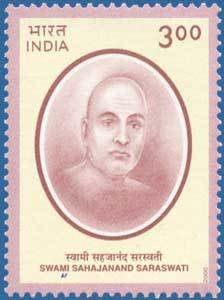Madan Mohan Kohli, popularly known as Madan Mohan, was a renowned Indian music director and composer in Bollywood during the 1950s, 60s, and 70s. Known for his soulful and melodious compositions, he left an indelible mark on Indian cinema with his music.
Early Life
- Birth: Madan Mohan was born on June 25, 1924, in Baghdad, Iraq, where his father Rai Bahadur Chuni Lal Kohli was working at the time.
- Background: He hailed from a prominent family in Lahore, which was then a part of British India. His family later moved to Mumbai (then Bombay).
Career
- Debut: Madan Mohan's career in Bollywood began with the film "Aankhen" (1950), where he composed a few songs.
- Notable Works: Some of his most famous works include:
- "Lag Jaa Gale" and "Naina Barse Rim Jhim" from "Woh Kaun Thi?" (1964)
- "Maine Rang Li Aaj Chunariya" from "Dulhan Ek Raat Ki" (1967)
- "Aap Ki Nazron Ne Samjha" from "Anpadh" (1962)
- "Hawaon Mein Woh" from "Anpadh" (1962)
- Collaboration with Lata Mangeshkar: Madan Mohan had a special musical relationship with Lata Mangeshkar, and many of her most memorable songs were composed by him. His ability to compose ghazals and classical-based songs was highly appreciated.
- Versatility: He was known for his versatility in music, ranging from classical ragas to soulful ghazals, romantic melodies, and patriotic songs.
Legacy
- Awards: Although he didn't win many major awards during his lifetime, his contribution to music was widely recognized posthumously.
- Influence: Many contemporary musicians and composers regard Madan Mohan as an inspiration. His music continues to be celebrated, and his compositions are still popular today.
- Posthumous Recognition: His unreleased compositions were used in the film "Veer-Zaara" (2004), directed by Yash Chopra. The film's music became hugely successful, introducing Madan Mohan's genius to a new generation.
Personal Life and Death
- Family: Madan Mohan was married to Sheila and had three children.
- Death: He passed away on July 14, 1975, at the age of 51, leaving behind a rich legacy of music that continues to enchant listeners.
Madan Mohan's music is often remembered for its emotional depth and timeless appeal, making him one of the stalwarts of Indian film music.



.jpg)





